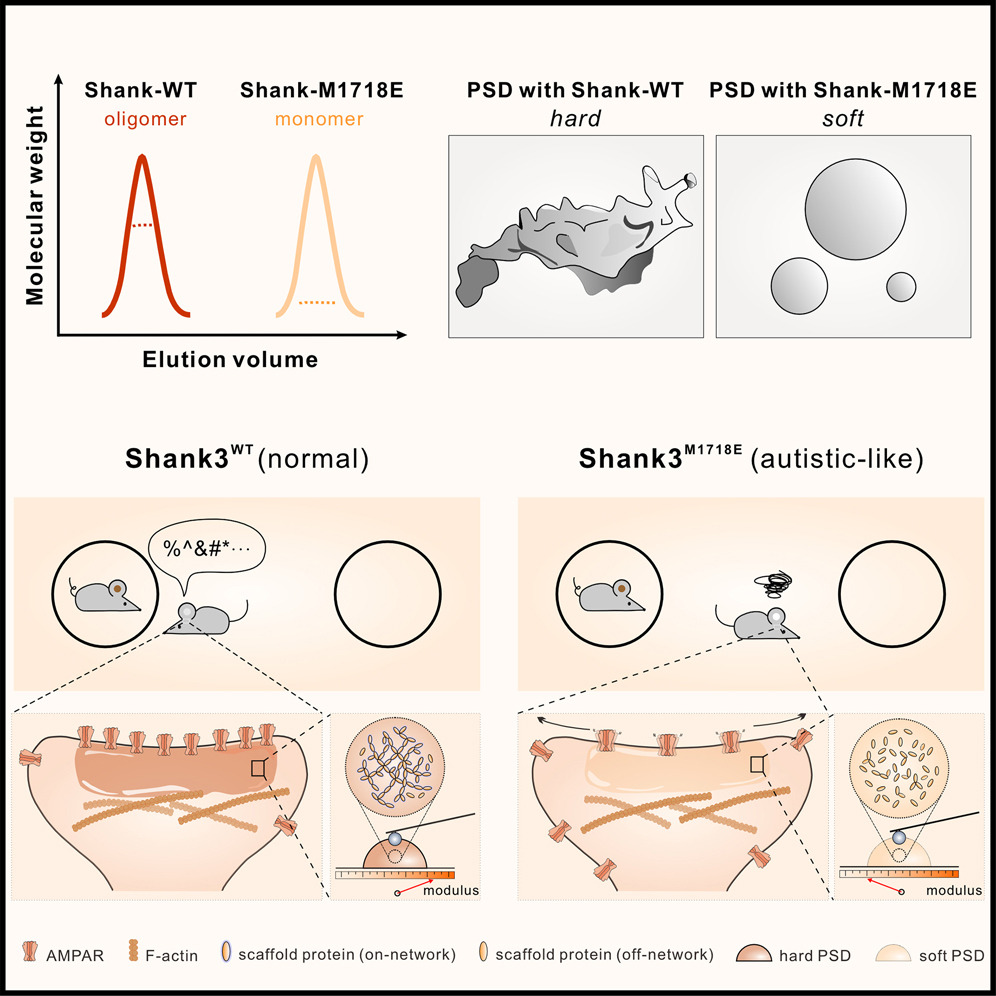Structural basis of cargo recognition by unconventional myosins in cellular trafficking
2016.02.04Li, J., Lu, Q., & Zhang, M. (2016). Traffic, 17(8), 822-838.
Unconventional myosins are a superfamily of actin-based molecular motors playing diverse roles including cellular trafficking, mechanical supports, force sensing and transmission, etc. The variable neck and tail domains of unconventional myosins function to bind to specific cargoes including proteins and lipid vesicles and thus are largely responsible for the diverse cellular functions of myosins in vivo. In addition, the tail regions, together with their cognate cargoes, can regulate activities of the motor heads. This review outlines the advances made in recent years on cargo recognition and cargo binding-induced regulation of the activity of several unconventional myosins including myosin-I, V, VI and X in cellular trafficking. We approach this topic by describing a series of high-resolution structures of the neck and tail domains of these unconventional myosins either alone or in complex with their specific cargoes, and by discussing potential implications of these structural studies on cellular trafficking of these myosin motors.
- Recommend
-
2025-10-22
IQSEC2/BRAG1 may modulate postsynaptic density assembly through Ca2+-induced phase separation.
-
2025-08-22

Shank3 oligomerization governs material properties of the postsynaptic density condensate and synaptic plasticity.
-
2025-08-21
Modulating synaptic glutamate receptors by targeting network nodes of the postsynaptic density condensate.
-
2025-08-19
Current practices in the study of biomolecular condensates: a community comment.
-
2025-06-10
Phase separation instead of binding strength determines target specificities of MAGUKs.

